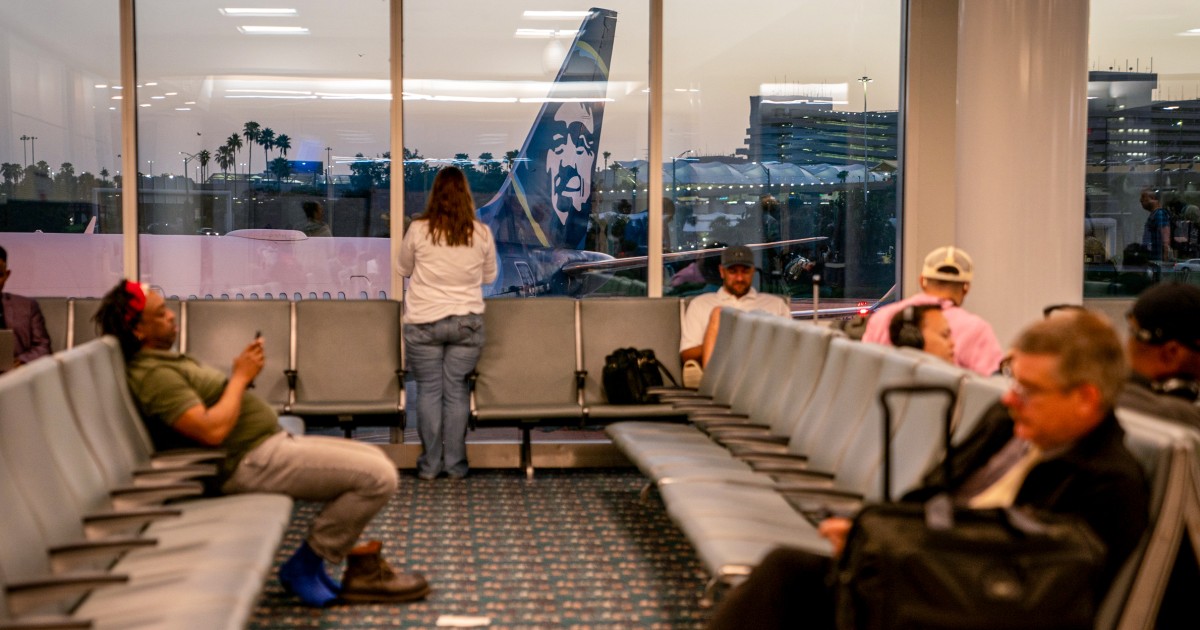Federal Judge Halts DHS Immigration Raids Lacking Probable Cause

A federal judge has ruled that the Department of Homeland Security (DHS) must cease immigration arrests in Los Angeles that lack probable cause. The decision, issued by Judge Otis Wright II of the United States District Court, mandates an end to detentions based solely on characteristics such as race, spoken language, or occupation.
In a detailed ruling, Judge Wright emphasized that the government’s practices infringe upon the constitutional rights of individuals. The judge found that DHS’s actions disproportionately targeted specific communities without sufficient evidence to justify the arrests. This ruling is a significant development in the ongoing debate over immigration enforcement practices in the United States.
The ruling comes as part of a broader legal challenge against DHS’s tactics, which have faced scrutiny from civil rights advocates. According to the decision, the indiscriminate nature of these arrests has led to violations of both due process and equal protection under the law.
March 2024 marks a pivotal moment in the legal landscape surrounding immigration policy. The judge’s order not only affects current enforcement practices in Los Angeles but may also set a precedent for future immigration raids across the country.
Supporters of the ruling argue that it is a necessary step toward ensuring justice and fairness in the enforcement of immigration laws. They contend that policies based on profiling undermine trust between law enforcement and immigrant communities. “We are committed to protecting the rights of all individuals, regardless of their background,” said a representative from a local civil rights organization.
In contrast, some officials within the DHS have expressed concerns about the implications of the ruling. They argue that such restrictions could hinder the agency’s ability to carry out its mission effectively.
As the situation develops, the DHS is expected to review its current practices in light of the court’s decision. Legal experts suggest that the ruling may prompt other jurisdictions to reassess their immigration enforcement strategies as well.
This ruling adds to the ongoing conversation regarding immigration policy in the United States, particularly in areas with significant immigrant populations. The implications of Judge Wright’s decision may resonate well beyond Los Angeles, as states and localities grapple with how to balance enforcement with the rights of individuals.






